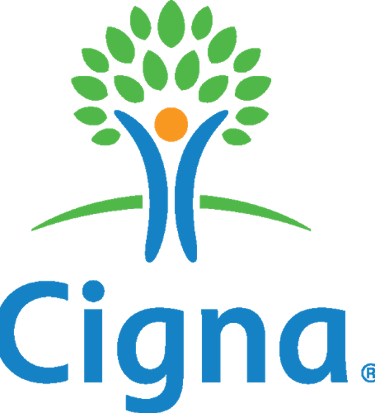Understanding Trauma: The Difference Between Experiencing a Traumatic Event and Developing PTSD or CPTSD
Understanding Trauma: The Difference Between Experiencing a Traumatic Event and Developing PTSD or CPTSD
Jodie Mainstone
8/21/20252 min read


What Is a Traumatic Event?
A traumatic event is any experience that overwhelms your sense of safety and leaves you feeling helpless or deeply shaken. This might include things like accidents, natural disasters, sudden loss, or acts of violence. But trauma is personal and what feels traumatic to one person may not affect someone else in the same way. Everyone processes experiences differently, and there’s no ‘right’ or ‘wrong’ way to respond.
After such events, it’s common to feel shock, confusion, sadness, or even numbness. These reactions are natural and part of the mind’s way of trying to make sense of what happened.
When Does Trauma Become PTSD or CPTSD?
Feeling distressed after a traumatic experience doesn’t automatically mean you’ll develop Post Traumatic Stress Disorder (PTSD) or Complex PTSD (CPTSD). These are specific mental health conditions that develop when the effects of trauma don’t ease over time.
PTSD often follows a single traumatic event, such as an accident or an assault. Common symptoms include flashbacks, nightmares, high anxiety, and intrusive thoughts.
CPTSD, on the other hand, tends to develop after long-term or repeated trauma, such as childhood abuse or domestic violence. In addition to the core symptoms of PTSD, people with CPTSD may struggle with emotional regulation, self-worth, and relationships.
Understanding the difference between these conditions can help in recognising when additional support might be needed.
When to Consider Seeking Help
In the days or weeks after a traumatic event, it’s completely normal to feel unsettled. However, if difficult emotions don’t start to ease, or if they begin to interfere with your daily life, it could be time to reach out for support.
Signs you might benefit from professional help include:
Feeling emotionally numb or disconnected
Having frequent, unwanted thoughts about the event
Avoiding people, places or situations linked to the trauma
Difficulty sleeping or concentrating
Panic attacks or ongoing feelings of fear or dread
Asking for help is a healthy and courageous step and not a sign of weakness. Therapists, counsellors and other mental health professionals are trained to support people through these challenges.
Normal Reactions vs. Signs of Concern
It’s common to experience nightmares, jumpiness or emotional ups and downs after something traumatic. These are normal responses and often fade with time.
But if symptoms become more intense or last for longer than a few weeks, it might indicate that your mind is struggling to process the event on its own. Avoiding anything that reminds you of the trauma, withdrawing from others, or feeling stuck in a constant state of fear are all signs that extra support could be useful.
What Can Help After Trauma?
In the early days, taking gentle care of yourself can make a real difference. Simple things like talking to someone you trust, keeping a journal, staying active, or practising mindfulness can help bring a sense of calm and stability.
It’s also okay to set boundaries around how much you talk about the experience because healing doesn’t follow a set timeline. Everyone recovers in their own way, and at their own pace.
If you find that self-care strategies aren’t enough, there’s absolutely no shame in seeking therapy. Talking to a professional can help you process what’s happened and find ways to move forward.
In Summary
Trauma affects people in different ways, and not everyone will go on to develop PTSD or CPTSD. However, if your emotional reactions are lasting longer than expected or making daily life difficult, it’s important to know that help is available. You don’t have to carry it all on your own.

Therapy Enquiries
© 2025. All rights reserved.
Website by Avefinity
Supervision and Training Enquiries and Website











Mainstone Counselling Ltd is a company registered in England and Wales with company number 11338192. Registered Office 27 Avenue Mansions, Finchley Road NW3 7AX


